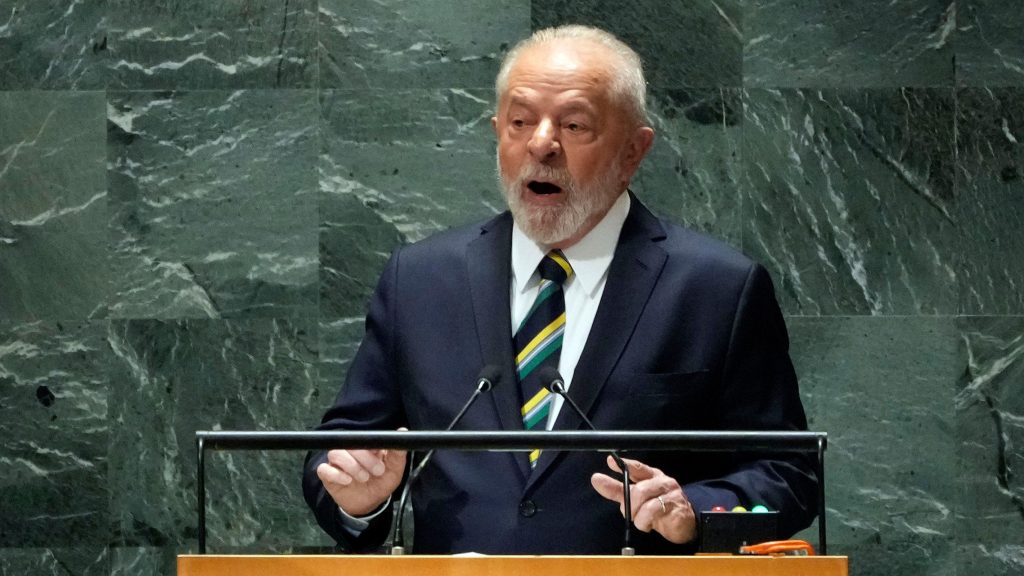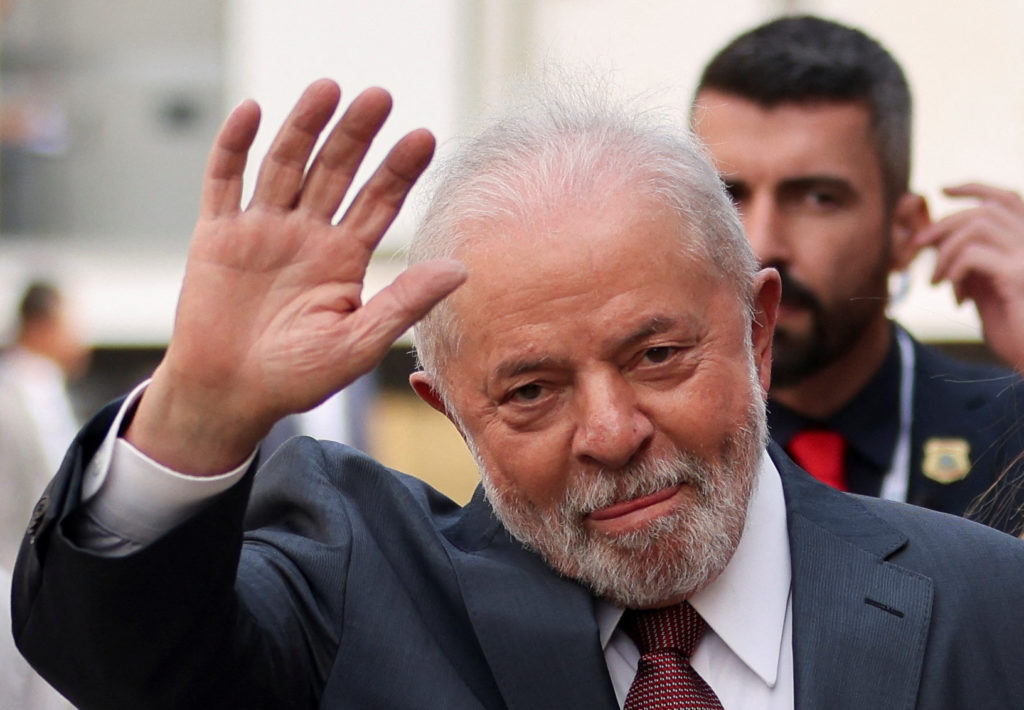Following an emergency surgery at a hospital in Sao Paulo to drain a brain bleed caused by a fall in October, Brazilian President Luiz Inacio Lula da Silva was recuperating in an intensive care unit on Tuesday, according to medical professionals.

Following the successful procedure at Sirio Libanes Hospital, physicians reported at a press conference that Lula, 79, was in stable condition and was speaking and eating regularly.
The physicians ruled out any brain damage or neurological issues and stated that Lula’s bleeding happened between his brain and the meningeal membrane.
After spending almost two hours in surgery, Lula’s doctor, Roberto Kalil Filho, told reporters that he would likely spend 48 hours in critical care before returning to Brasilia early the following week “if everything goes well.”
The ageing president, who is midway through his third non-consecutive term and is a typical representative of the Latin American left, had additional health worries after the emergency operation.
If he decides not to compete for reelection in 2026, the lack of an obvious leftist successor will be highlighted by the Workers Party’s poor performance in this year’s local elections.

In recent months, Lula has limited his travel as medical professionals watched him recuperate after a fall at home in late October that injured the back of his skull and necessitated stitches.
In a radio interview, presidential spokesperson Paulo Pimenta stated that he was brought to a nearby hospital for examinations after complaining of a severe headache while speaking with congressional leaders in Brasilia on Monday night.
According to a government-released medical note, Lula was transported to Sao Paulo for surgery shortly after an MRI scan revealed an intracranial haemorrhage.
According to his aide, Vice President Geraldo Alckmin cancelled his intentions to travel to Sao Paulo on Tuesday in order to return to Brasilia, where he will take over Lula’s schedule, which includes hosting Slovak Prime Minister Robert Fico.
According to Pimenta, Lula might not have to formally give Alckmin the presidency’s authority.
After around fifty years in the public eye, Lula is still a powerful figure in Brazilian politics, energising crowds with his stern demeanour and hammering out policy specifics in one-on-one meetings with legislators.
Lula, who was born into poverty in northeast Brazil, worked as a metalworker in Sao Paulo before advancing through the union levels and leading strikes against the military regime in the 1970s.
Following Brazil’s democratic transition in the 1980s, he co-founded the Workers Party and made several unsuccessful runs for president before emerging victorious in 2002. A commodities boom spurred by China during his first two years bolstered Brazil’s economy and helped finance more expansive social spending.

